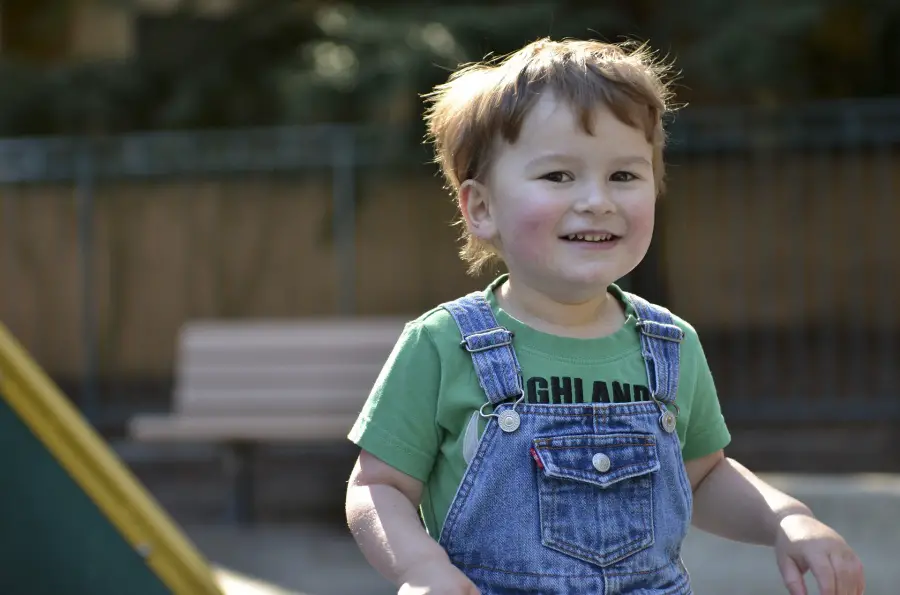Disclosing an Autism Spectrum Diagnosis with the Extended Family

Parents that have children with Autism Spectrum Diagnosis (ASD) have many challenges to face in the years to come. Extended family, friends, and caregivers can make a big difference when they provide the right kind of support. Sometimes people can create stress and problems for both parents and the child that has ASD. This can actually happen when they are only trying to help you and the child. Here are some tips that can help families with children that have ASD to inform extended family and other important people in your child’s life.
Stay Informed about ASD
Learn as much as you can with books that are available at your closest autism association. This association should be able to help all people involved in the care of your child, without creating more anxiety. People make the mistake by trying to use the usual strategies associated with autism instead of ASD. This will actually set parents way behind and undo the extensive work that they are doing with their child. Consistency by everyone involved is critical to help the child’s development.
Help the Parents out with Respite Care
All parents love to take a break from any kind of parenting. This is very important with children that have ASD. Try to get a group of people to babysit regularly, even if it’s only for a few hours. This way the parents can take a deep breath and recharge. Make sure everyone involved is aware of the child’s needs and follow the consistency that the parents have written down. Never yell or punish a child with ASD because they become very confused and more anxious. You will be unable to work with the child so make sure you respond appropriately to these challenging behaviors. In addition, the child might be on a special diet and don’t stray from the consistency, otherwise, you will have problems with the child’s behavior.
 Have Extended Family Learn how to Interact with the Child
Have Extended Family Learn how to Interact with the Child
Children with ASD often can’t talk well, or behave appropriately and their interest in many fields are limited. This can be extremely sad for parents when grandparents and friends write off their grandchild with ASD because the child is disobedient. ASD can sometimes be treated as an invisible disability because if the child had any physical deformities, people tend to be more interested to feel empathy and other emotions. In addition, extended families tend to recognize the courage and strength the child has because the child has come to terms with their physical disabilities. A child with ASD looks normal so people tend to expect more out the child. Parents are the ones who look past the behaviors and still recognize their child has the courage and the child puts the effort in learning how to be accepted in a world full of challenges. This is a huge support for the child when they know that their extended families understand them.
Understand that there will be Disruptions You as Parents may cause
Children who suffer from ASD may notice that their grandparents expect certain behaviors. Kids with ASD are more likely not to want to be touched or cuddled or listen to bedtime stories. These kids may not want to play games either and extended family can display disappointment. You and your significant other have to remember the importance to alter all these expectations and find the right way to interact with your child. You both will then be able to talk through these expectations with other family members and give them advice on what works for your child.
Expectations are also changed when one gives a child with ASD a task. Your child is not going to get dressed by asking to, however; the task can be managed in steps by arranging their clothes, remove the dirty clothes or pajamas, and help your child learn to put their shirt on. If you choose to stay very involved in your child’s life, parents can help other family members how the tasks work best for your child.
If you happen to be friends with the child of a family that has ASD, tell your kids that they might have to learn to play properly with a child that has ASD. You don’t have to tell your kids that the child has a disability, but needs to be understood more if the child doesn’t talk much. A child with ASD will become upset easier during the holidays and when other children are over. The child is way more sensitive and picks up on anxiety from the Christmas colors, kids running around and different people, in general, getting too close to them. Parents of children with ASD are the masters when it comes to explaining the things that other children will need to know.
Give the Parents a Longer Break if You Can
If you are organized and established part of the child’s routine, you should also know the intervention rules used by the parents of the child with ASD. You might want to offer to watch the child overnight, or for the weekend. This is definitely great support for the parents of children with ASD because these parents might not be able to afford professional respite centers that are experienced with ASD children. These parents are saints because they are very exhausted and a nice break can work a great Christmas miracle for parents who are overwrought.
 Every parent that is raising a child with ASD or special needs of any type is going to experience ignorance when the topic comes up about their child’s disability. Many ASD children don’t look like they are impaired with ASD. All of these children grow into adults and still look normal. This isn’t only true for ASD, but it’s true for many disorders that are no deformities. This is why it is important to find the right therapist for you and your child because even therapists make mistakes. Some feel because the child or adult is intelligent and talks well enough, their expectations are much higher and then you are going to have a problem when the child becomes an adult and is in a crisis mode. It’s important for you as parents to tell the therapist what works good for you and your child so they may learn how to communicate properly with your child. No matter how old your child is, they are always going to be your baby so don’t forget about them when they reach adolescence. Hopefully, you and your therapist can work together and get every one of your extended family on the same page together especially during the holidays. Start when your child is young, so you suddenly won’t have to play “catch up” when your child is older. Good rules should start when children are young, creating trust and a bond between both you and your child that will last forever.
Every parent that is raising a child with ASD or special needs of any type is going to experience ignorance when the topic comes up about their child’s disability. Many ASD children don’t look like they are impaired with ASD. All of these children grow into adults and still look normal. This isn’t only true for ASD, but it’s true for many disorders that are no deformities. This is why it is important to find the right therapist for you and your child because even therapists make mistakes. Some feel because the child or adult is intelligent and talks well enough, their expectations are much higher and then you are going to have a problem when the child becomes an adult and is in a crisis mode. It’s important for you as parents to tell the therapist what works good for you and your child so they may learn how to communicate properly with your child. No matter how old your child is, they are always going to be your baby so don’t forget about them when they reach adolescence. Hopefully, you and your therapist can work together and get every one of your extended family on the same page together especially during the holidays. Start when your child is young, so you suddenly won’t have to play “catch up” when your child is older. Good rules should start when children are young, creating trust and a bond between both you and your child that will last forever.






